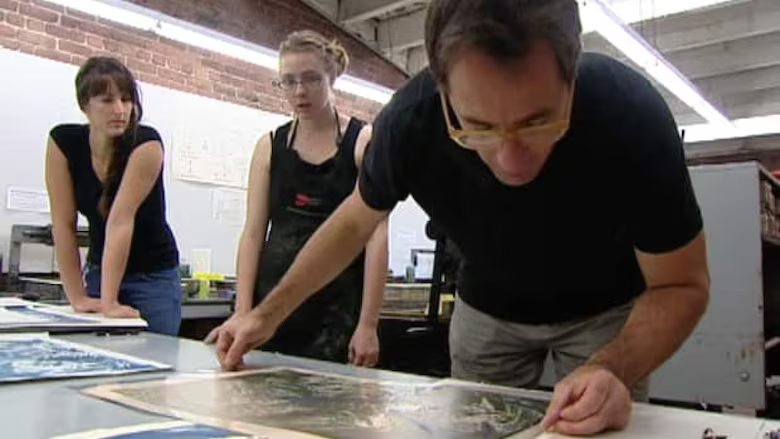NSCAD to add student fees, eliminate positions

The cash-strapped Nova Scotia College of Art and Design University in Halifax says adding student fees, freezing expenses and eliminating positions are among its ideas for becoming fiscally sustainable.
The university has submitted a plan called its Framework for Sustainability to the Department of Labour and Advanced Education, detailing how it intends to balance its budget. NSCAD was required to submit the plan in return for a $6-million bailout over the last two years.
The 125-year-old university — the oldest independent school in Canada granting fine arts degrees — said the plan includes cutting jobs through attrition and requiring fewer part-time staff members.
Marilyn Smulders, a spokeswoman for the university, said student fees could include charging students $50 when they apply to graduate.
She said such fees are common at other universities, but will require approval from the provincial government.
The proposed student fee increases total about $225,000 per year.
Other steps include freezing expenses and making changes to classes and scheduling, while using donations to help boost recruitment efforts.
"What we are looking for is to contract the number of course offerings and we feel that can be done principally through some tighter timetabling," said John Mabley, the vice-president of university relations at NSCAD.
"A course that this year might be offered in both the fall and winter terms, irrespective of enrolment number, next year might be offered in either the fall or the winter term."
Mabley said NSCAD will raise revenue at its Granville Street campus by renting more space to retailers, and plans to undertake a study of how to best use the space it owns at three locations, including the Halifax waterfront.
Mabley's administrative position is being eliminated, but he said two other vice-presidents will remain.
A report released by consultant Howard Windsor last year said the university was in serious financial trouble and needed to examine every aspect of its operation to find ways to save.
Windsor recommended working with other schools and didn't rule out the possibility of a merger.
Mabley said NSCAD is working with Dalhousie University, the University of King's College, Saint Mary's University and the Nova Scotia Community College to find way to collaborate, including jointly offering courses and programs.
With files from The Canadian Press